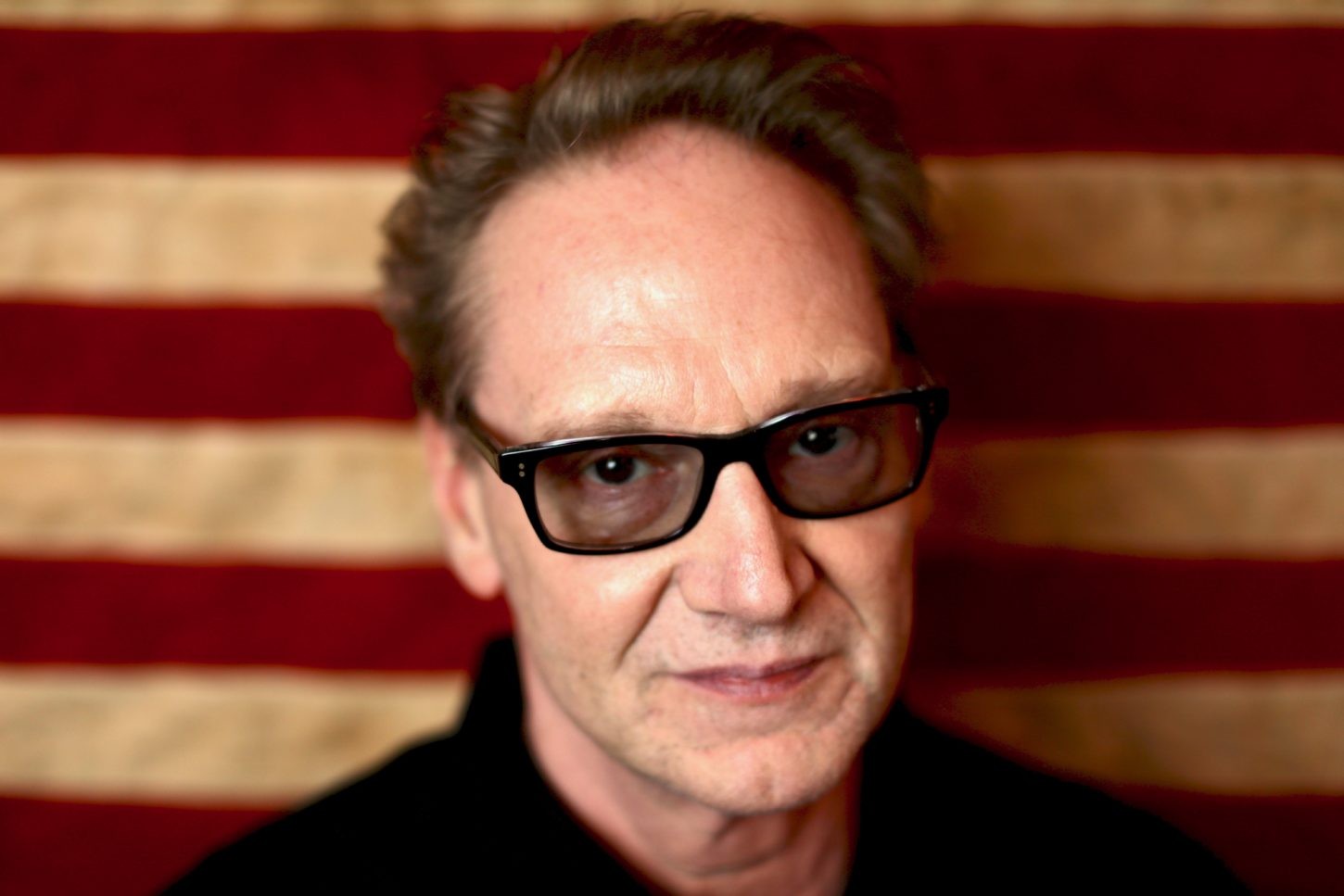

ApplyingĪll candidates must follow the application procedure as shown in applying to Oxford. If English is not your first language you may also need to meet our English language requirements. History or Politics or four written papers one portfolio of submitted essays one extended essay one thesis in History or Politics *these papers require Quantitative methods For the latest information on all course details and options see the History and Politics websites.įinal University examinations: either five written papers one portfolio of submitted essays one thesis in A further subject in History, one optional subject in Politics and one special subject in Politics.A further subject in History and two optional subjects in Politics.A special subject in History (two papers) and an optional subject in Politics ( either a core paper not yet taken or a further subject).British politics and government since 1900.Any two of the five core subjects in Politics:.A period of the history of the British Isles.Quantitative methods: political analysis (not examined)įirst University examinations: four written papers.Any of the optional subjects (see History, except Theories of the state) or any one of six foreign texts.


Studying at Oxford has given me confidence in myself and my ability to think.”ĭuring the first year, you will be expected to attend around five lectures each week, participate in regular meetings with tutors to discuss work, conduct independent research and write at least one essay a week. I feel like the independence has helped me to develop in ways I would not have predicted. “The most unexpected thing about my course was the choice! Joint honours courses enable you to have an enormous amount of freedom over what you study - you can choose to specialise or to cover a huge variety of areas. Both the History and Politics faculties attract leading researchers at the cutting-edge of their fields who work intensively with students, and I have found the intensive engagement with academics one of the most challenging and exciting aspects of life at Oxford.” “I have constructed my course around papers that really interest me, tackling issues ranging from the American War of Independence to the modern-day political culture of the Czech Republic. I was able to use the knowledge I obtained here, and apply it within several political contexts - from Japan to South Africa! I especially loved writing my thesis, where I was able to analyse the political challenges of the past with reference to the leading political models of the present.” The ‘Introduction to the practice of Politics' paper at Prelims provided me with an excellent foundation for studying specific countries at Finals level. “I specialised more in Politics than in History. Events that students apply for directly.


 0 kommentar(er)
0 kommentar(er)
